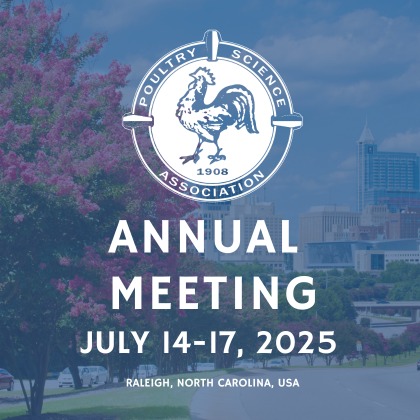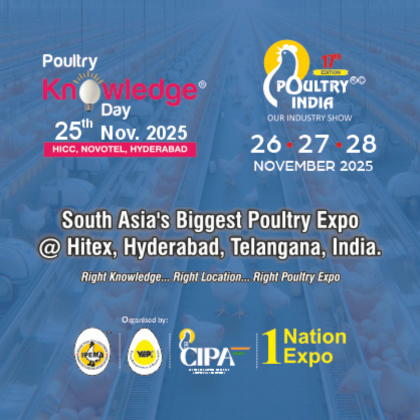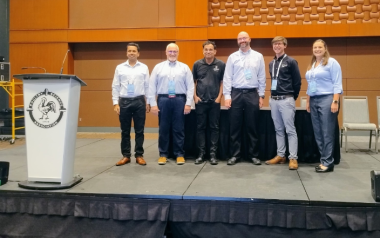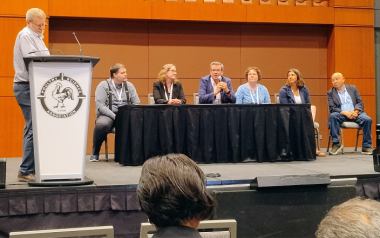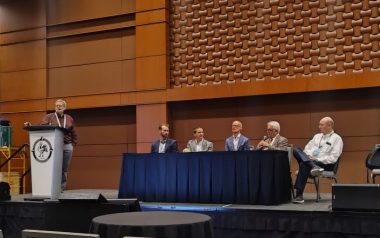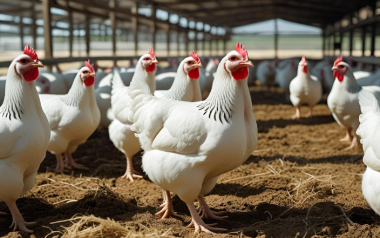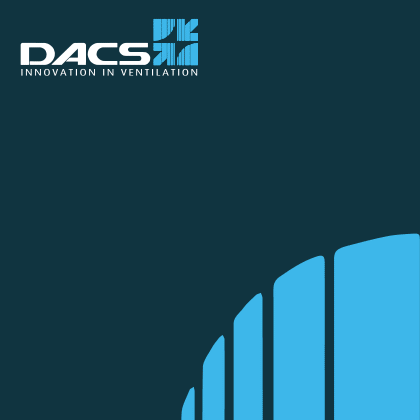Sources: Available upon request
09 Apr 2024
Delays in opening Singapore’s fourth egg farm: a closer look
Singapore, a bustling city-state known for its efficient infrastructure and economic prowess, has been eagerly anticipating the opening of its fourth egg farm. Backed by Japan’s leading egg producer, this venture was slated to commence operations in 2024. However, unforeseen delays have cast a shadow over this ambitious project.
Singapore, a bustling city-state known for its efficient infrastructure and economic prowess, has been eagerly anticipating the opening of its fourth egg farm. Backed by Japan’s leading egg producer, this venture was slated to commence operations in 2024. However, unforeseen delays have cast a shadow over this ambitious project.
The Vision
The fourth egg farm was envisioned as a crucial addition to Singapore’s food security strategy. With a growing population and limited land resources, the city-state has been actively diversifying its food sources. Eggs, a staple in many households, are no exception. The new farm aimed to bolster local egg production, reduce reliance on imports, and ensure a steady supply for Singaporeans.
The Setbacks
Despite meticulous planning, several challenges emerged during the construction phase. Let’s explore the key reasons behind the delays:
- Construction hiccups: The process of building a new egg farm involves intricate logistics, from designing the facilities to sourcing equipment. Unexpected delays in construction materials, labor shortages, and regulatory approvals all contributed to the timeline slipping.
- Environmental considerations: Singapore’s commitment to sustainability and environmental conservation played a significant role. The egg farm needed to adhere to stringent environmental standards, including waste management, water usage, and energy efficiency. Ensuring compliance took longer than anticipated.
- Infrastructure bottlenecks: The farm’s location posed logistical challenges. Situated on the outskirts of the city, it required robust transportation links for the movement of eggs to urban markets. Upgrading roads and establishing efficient supply chains took time.
- Biosecurity measures: Egg farms are vulnerable to disease outbreaks. Stringent biosecurity protocols were essential to safeguard against avian diseases. Implementing these measures—such as controlled access zones, disinfection procedures, and health monitoring—added complexity to the project.
The Impact
As the delays persisted, Singaporeans grew increasingly concerned. The fourth egg farm was not just about eggs; it symbolized resilience and self-sufficiency. Citizens eagerly awaited the farm’s contribution to the local economy and food security.
The Way Forward
While setbacks are inevitable in large-scale projects, Singapore remains committed to its vision. Authorities are working closely with the farm’s stakeholders to expedite the remaining tasks. As 2024 progresses, optimism prevails, and Singaporeans eagerly anticipate the day when fresh local eggs from the fourth farm will grace their breakfast tables.
In conclusion, the fourth egg farm’s delayed opening serves as a reminder that progress often encounters roadblocks. However, Singapore’s determination to overcome challenges ensures that its citizens will soon enjoy the fruits—or rather, the eggs—of their labor.




